China carmakers set to double overseas capacity to beat tariffs
By BLOOMBERG | 25 October 2024
HONG KONG: Chinese automakers could more than double their overseas full-process manufacturing capacity to beat punitive import tariffs and meet surging demand in emerging markets, according to BloombergNEF.
Exports and knockdown assembly - where key parts of cars are made in China then shipped overseas for assembly - have traditionally been Chinese manufacturers’ preferred approach to tapping foreign markets.
But as jurisdictions including the US, the European Union and Turkey impose tariffs, investments in full-process manufacturing are booming, according to the report, published Wednesday.
"As the electric vehicle market in China saturates, increasing domestic competition and overcapacity are pushing Chinese EV brands abroad in search of new growth markets,” BNEF said in the report.
Chinese carmakers have built and commissioned full-process manufacturing plants across nine countries, with an annual production capacity of 1.2 million vehicles as of 2023. That’s set to more than double to 2.7 million units in over a dozen countries by 2026 if company announcements are all delivered on time, BNEF said.
Full-process manufacturing involves the four major steps of auto production: stamping, welding, painting and final assembly. It’s capital intensive but has high production capacity compared to knock-down assembly.
BYD Co., China’s best-selling car brand, along with Chinese state-backed manufacturers Chery automobile Co., Changan automobile Co., GAC auto Corp. and SAIC Motor Corp., announced 10 new or expansion projects for their overseas plants from 2023 through to Aug 31, BNEF said.
Popular locales include Thailand, Indonesia and Brazil.
BYD and Volvo Cars AB, which is controlled by Chinese automaker Zhejiang Geely Holding Group Co., are driving the capacity expansion in Europe.
BYD is building a plant in Hungary and has also announced plans for another in Turkey, which gives it access to the EU.
Poland, which has deals with Chinese battery suppliers, is also becoming popular among Chinese EV makers. Spain and Italy are pursuing investments as well.
Geely, Dongfeng Motor Group Co. and Xpeng Inc. are reported to be scouting locations for a plant in the region.
By comparison, the growth of overseas knockdown-assembly is slower. The total commissioned capacity for contracted and self-developed vehicle knockdown assembly plants by Chinese manufacturers and their foreign partners is set to rise to 2.8 million units by 2026, from 2.2 million vehicles in 2023.
The surge in overseas auto investments has triggered concerns from Beijing.
China’s Ministry of Commerce told carmakers in July that they should protect EV know-how and prioritise knockdown assembly, as well as be careful when investing in countries with geopolitical risks such as Turkey and India, Bloomberg reported in September.
Tags
Autos News
Reviews
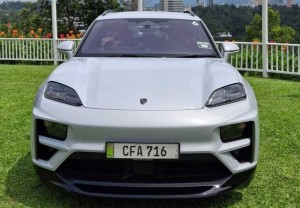
Porsche Macan EV: Re-energised exhilaration
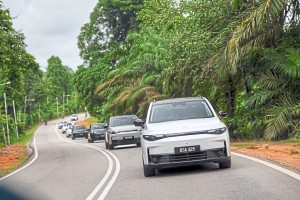
All-electric Leapmotor C10 SUV ticks all the right boxes
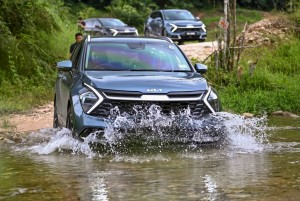
New Kia Sportage: Versatile and stylish
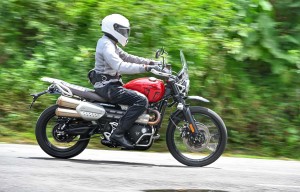
6.6
Triumph Scrambler 1200 X: A good balancing act
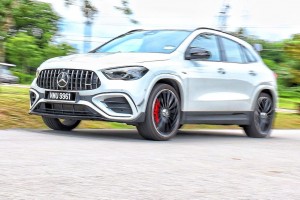
8.3
Mercedes-AMG GLA 45 S 4Matic+: Poking the pocket rocket
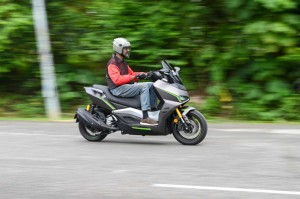
8.0
Moda Sporter-S 250: A new player in town
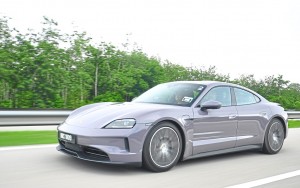
Porsche Taycan E-xperience drive: Kuala Lumpur - Kuantan

Mercedes-Benz E 350 e PHEV: Refined elegance, timeless prest...
Videos

StarCarSifu Editors' Choice Awards 2024: Top winners

The Snowball – Lamborghini’s Heartwarming Christmas Story of...

EVOGO battery swapping solution showcased at IAA Mobility 20...
